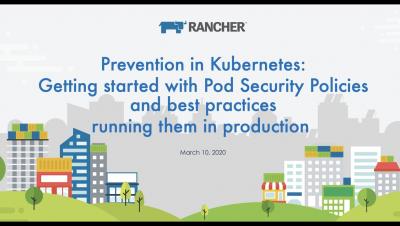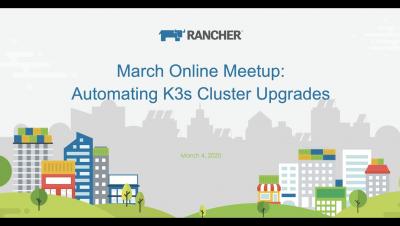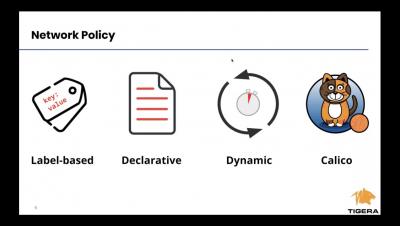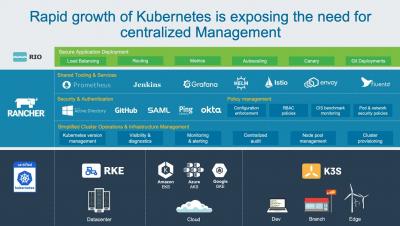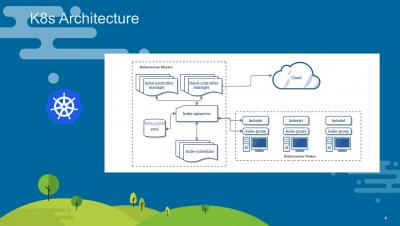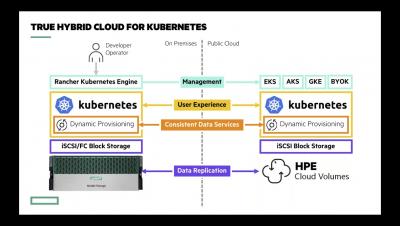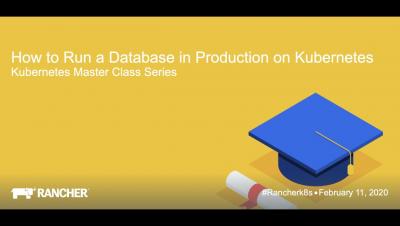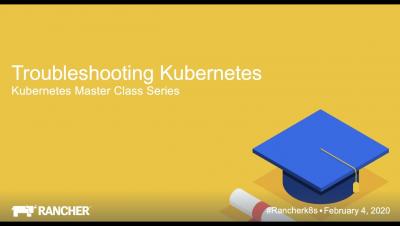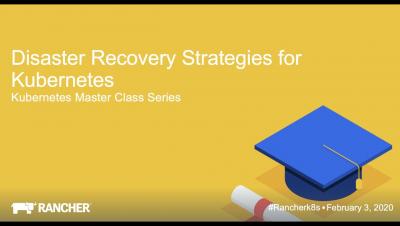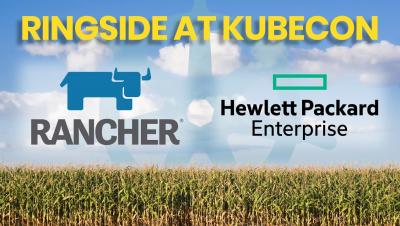Kubernetes Master Class: Getting started with Pod Security Policies and best practices in Production
Kubernetes Pod Security Policies (PSPs) is an enforcement mechanism to ensure that Pods run only with the appropriate privileges and can solely access the appropriate resources. You can leverage them as a threat prevention mechanism by controlling Pod creation, and limiting the capabilities available to specific users, groups, or applications.


